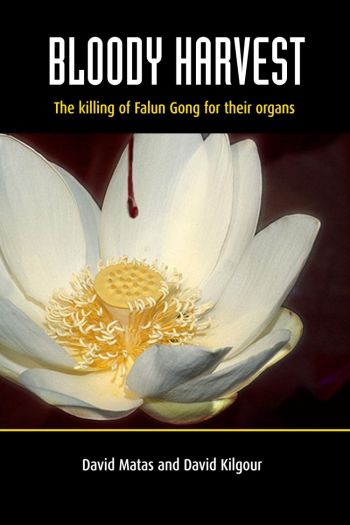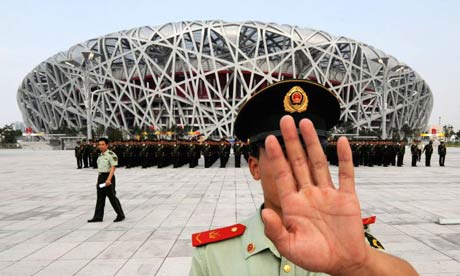85% of urban Chinese cannot afford to buy a home as inflation accelerates
Posted by Author on December 11, 2010
By Malcolm Moore, in Shanghai, via telegraph.co.uk, Dec. 11, 2010 –
China’s property bubble has grown so huge that 85pc of Chinese living in cities can no longer afford to buy a home, according to an influential Chinese government think tank.
The Chinese Academy of Social Sciences (CASS) said in its annual Economic Blue Paper that a typical Chinese property now costs 8.8 years of average earnings.
In addition, CASS said that house prices are still rising far in excess of wages, putting property more and more beyond the reach of average Chinese.
CASS estimated that Chinese property prices had risen by 15pc this year, although the rises in some cities have been far steeper.
By contrast, the UK’s typical house costs five years of wages to buy, according to the Nationwide Building Society, and the UK’s long-term average is four years of earnings.
“House prices have risen steadily for years,” said Zhou Linhua, the co-author of the CASS report. “This has inflated investor expectations of a high return, which has brought more money flooding into the market, and fed the bubble.”
The Chinese government has repeatedly tried to cool the soaring property market this year, raising deposit requirements, increasing mortgage costs and curbing loans for second homes.
The People’s Bank of China, the country’s central bank, told lenders to raise the minimum reserves they hold in proportion to deposits by half a percentage point, in an attempt to rein in lending and cool inflationary pressures.
Official statistics showed on Friday that prices in 70 major cities had recorded their third straight month-on-month rise in November, rising 0.3pc on the previous month and at an annual rate of 7.7pc.
“Property prices are likely to remain high for a while,” predicted Matthew Fang, an analyst at Guosen Securities, adding that demand was still strong and that inflation was rising.
Negative real interest rates have helped to persuade many Chinese to invest in bricks and mortar rather than leaving their money in the bank, and there is a continuing requirement for Chinese men to own their own property before they can get married.
Attempting to quantify the size of the property bubble, CASS calculated what it believed was a “real” house price in 35 large and medium-sized cities in September, using an index of eleven statistics, including per capita disposable income, saving deposits, number of doctors and university students, retail sales volumes and local capital investment levels.
According to its figures, new homes in seven out of the 35 cities were more than 50pc over their fair value. Property prices in Fuzhou are 70pc too expensive, while those in Hangzhou are 66pc overpriced. New homes in Shanghai are 37pc overpriced and those in Beijing are almost 50pc overpriced.
However, the CASS report attracted instant criticism. Ren Zhiqiang, the chairman of Beijing Huayuan, one of China’s largest property developers, saying that China has one of the world’s highest rates of private property ownership, with almost 80pc, or 500 million Chinese, owning their homes. “A reasonable conclusion would be that 85pc of Chinese cannot afford to buy a second house,” he said.
Rate this:
Share this:
- Click to email a link to a friend (Opens in new window)
- Click to share on Twitter (Opens in new window)
- Click to share on Facebook (Opens in new window)
- Click to share on Tumblr (Opens in new window)
- Click to share on Pinterest (Opens in new window)
- Click to share on Reddit (Opens in new window)
- Click to share on LinkedIn (Opens in new window)
- Click to print (Opens in new window)
Related
This entry was posted on December 11, 2010 at 8:12 pm and is filed under China, City resident, housing, Life, News, People, Social, World. You can follow any responses to this entry through the RSS 2.0 feed. Both comments and pings are currently closed.
Sorry, the comment form is closed at this time.





